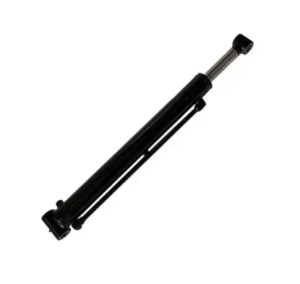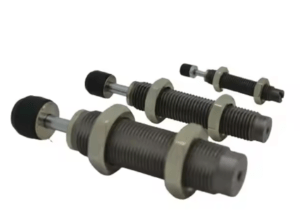
Introduction
Explore how precision solenoid valves enhance industrial fluid control, boost efficiency, and ensure reliability in critical systems.
Precision solenoid valves are the backbone of modern industrial fluid control, delivering unmatched accuracy and reliability in managing liquid and gas flows. These engineered components play a pivotal role in applications where even minor deviations can impact safety, productivity, or product quality. By combining electromagnetic principles with advanced design, precision solenoid valves offer distinct advantages that make them indispensable across diverse industries.
1. Unmatched Flow Control Accuracy
At the core of precision solenoid valves is their ability to achieve exacting flow regulation. Unlike standard valves, these devices are built with tight tolerances and high-precision components, enabling millisecond-level response times and minimal leakage. For instance, in chemical processing plants, they ensure precise dosing of corrosive fluids, while in medical equipment, they facilitate sterile and controlled liquid delivery. This accuracy reduces material waste, enhances process consistency, and minimizes the risk of operational errors caused by imprecise fluid management.
2. Reliability in Harsh Environments
Industrial settings often expose equipment to extreme temperatures, pressures, and corrosive substances. Precision solenoid valves are constructed with durable materials like stainless steel, PTFE, or Hastelloy, designed to withstand such harsh conditions. Their robust construction minimizes wear and tear, reducing maintenance frequency and extending operational life. In sectors like oil and gas or wastewater treatment, where systems operate 24/7, this reliability is critical to avoiding costly downtime and ensuring continuous process stability.

3. Energy Efficiency and Cost Savings
Precision solenoid valves contribute significantly to energy optimization. Their rapid switching capabilities allow systems to operate only when needed, cutting down on unnecessary energy consumption. For example, in HVAC systems, they regulate refrigerant flow precisely, improving cooling efficiency and lowering electricity costs. Additionally, their leak-resistant design prevents material loss, which is especially valuable in industries handling expensive or hazardous fluids. Over time, these efficiencies translate into substantial long-term savings for businesses.
4. Versatility Across Industries
The adaptability of precision solenoid valves makes them suitable for a wide range of sectors:
- Manufacturing: Ensures consistent fluid delivery in automated production lines, enhancing product quality.
- Aerospace: Controls fuel and hydraulic flows in aircraft systems, where precision is non-negotiable for safety.
- Pharmaceuticals: Enables sterile and accurate fluid handling in drug synthesis and medical device manufacturing.
- Renewable Energy: Optimizes coolant circulation in wind turbines and solar panels, maximizing energy conversion efficiency.
This versatility positions them as a go-to solution for any application requiring reliable and precise fluid control.

5. Compliance with Industry Standards
In regulated industries, adherence to safety and quality standards is mandatory. Precision solenoid valves are often certified to meet international norms such as ISO, FDA, or ATEX, ensuring they meet strict operational and safety requirements. These certifications not only validate their performance but also provide businesses with the confidence that their systems comply with global regulations, avoiding potential legal or operational setbacks.


